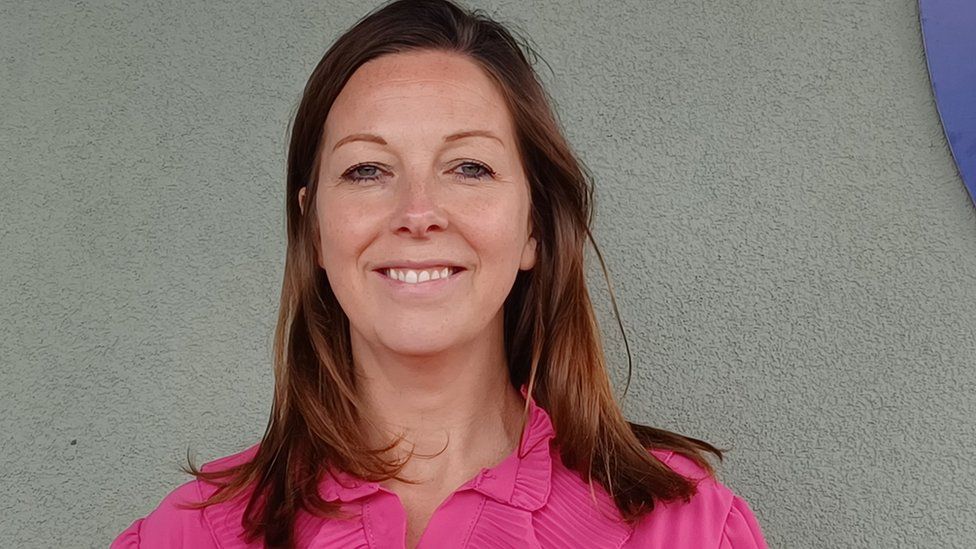
What parents need to know to keep their kids safe online
"Parents think a child is safe because when they're online they're quiet, but they don't know what they're watching," says Nic Wetton, the head teacher of JH Godwin Primary School in Chester.
Advertisement
She warns their silence is often misleading. "Children can be traumatised by horrific videos they see online," says the head teacher who has 180 pupils aged from four-and-a-half to eleven in her care.
Ms Wetton says she sees children as young as six playing 12-rated computer games online. "We've had cases of children needing medication to sleep. This is immensely worrying".
Some children coming in to school are inattentive in class because they've been up all night, playing on devices like tablets or phones. One recent craze was to see who in a WhatsApp group could stay up the longest - the winner sent a message at 04:00.
As well as watching inappropriate content online, or staying up too late, children who are online unsupervised can be vulnerable to paedophiles.
These issues are familiar to Rachel O'Connell. She has investigated online child abuse, working on statistical techniques to identify abusers.
In the course of her research she went online posing as an eight-year-old child who hadn't made friends at school. Her understanding of the mindset of predators is extensive and chilling, for example, she says that friendless children are often a target: "They look for that," she explains.
Ms O'Connell visits schools and finds many parents have no idea which apps their children can access. "Putting naked selfies online seems to be a rite of passage now," she says. "Parents feel they don't know how to 'digitally' parent, they can feel helpless. We need oversight."
One significant problem is that children can be targeted while browsing sites that are theoretically off limits for young people.
So, preventing children from getting access to any of these sites would help tackle the problem.
The business founded by Ms O'Connell, TrustElevate, is based on the principle of Zero Data - establishing whether a child should be allowed to log onto a service but without giving away any personal details about that child.
Ms O'Connell has been trialling Zero Data techniques with mobile phone operator, EE. She wants to create a family access app that will screen users for their age and seek parental approval.
TrustElevate software generates a token containing just the child's age range and no personal information, this information allows a service provider to check out a potential new user.
While the service provider can block access, if the details don't tally with the permissions held on the system, the token cannot be exploited to push other services, or products, to the child.
These types of technical tools are a help, but schools are fighting back as well.
At JH Godwin School, Ms Wetton runs online safety workshops, where parents are invited to bring a laptop along so they can download safety apps and parental controls.
To her frustration, engagement from parents is not a given. She has arranged workshops where just one parent turned up out of 150 who have children at the school.
BBC



